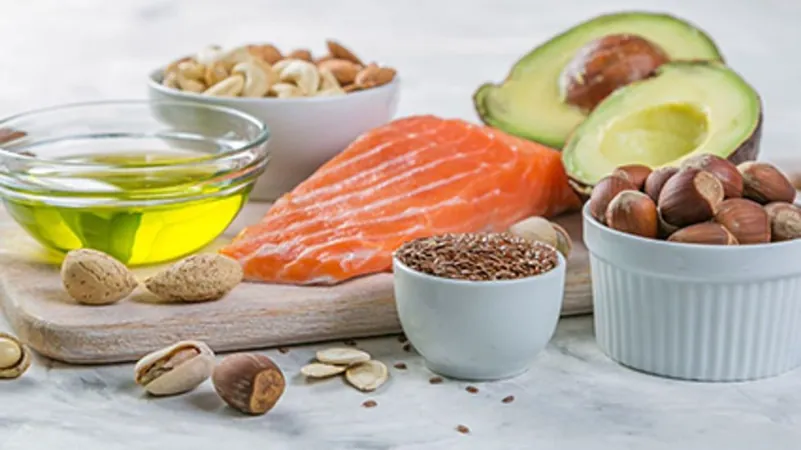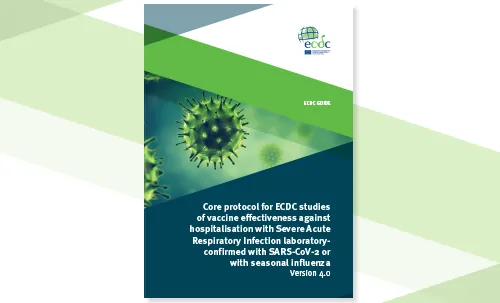
Groundbreaking Keto Diet Supplement May Revolutionize Cancer Treatment!
2024-12-09
Author: Siti
A striking new study has unveiled that a component from the ketogenic diet could significantly enhance the effectiveness of cutting-edge cancer immunotherapy, particularly CAR T-cell therapy. This discovery could pave the way for more successful treatment options for cancer patients worldwide.
Key Findings You Can't Ignore:
- **Keto Diet Benefits:** Preliminary research suggests that the keto diet—which emphasizes high-fat and low-carbohydrate intake—enhances the response of cancer patients to immunotherapy techniques.
- **The Role of Beta-Hydroxybutyrate:** The study highlights beta-hydroxybutyrate (BHB), a byproduct of fatty acid metabolism that occurs when the body burns fat for energy instead of glucose. Higher BHB levels in both laboratory mice and humans were linked to improved responses to CAR T-cell therapy.
- **Expert Insights:** Co-lead researcher Puneeth Guruprasad, a medical student at the University of Pennsylvania’s Perelman School of Medicine, states, “Our theory suggests that CAR T-cells thrive on BHB as their primary energy source. Elevating BHB levels could supercharge these cells, enhancing their ability to eradicate cancer.”
What is CAR T-cell Therapy?
CAR T-cell therapy is an innovative treatment that involves modifying a patient's immune cells in a lab to make them more effective at targeting and killing cancer cells. While thousands of patients with blood cancers have benefited from this groundbreaking therapy, it remains ineffective for some, signaling the need for innovative enhancements.
Promising Results in Research:
Initial tests conducted on lab mice indicated that those on a keto diet displayed marked improvement in their response to CAR T-cell therapy aimed at lymphoma. Remarkably, when researchers supplemented the mice's normal diets with BHB, the therapy resulted in the total elimination of cancer in most of the subjects—a powerful testament to the potential synergy between diet and advanced cancer treatments.
Following these promising findings, a rigorous clinical trial is on the horizon to further explore whether BHB supplementation can significantly enhance CAR T-cell therapy outcomes for patients suffering from large B-cell lymphoma, especially those who haven’t responded to previous treatments.
Why It Matters:
Maayan Levy, an assistant professor of microbiology at the University of Pennsylvania, remarked on the broader implications of this research: "This approach is low-cost and shows minimal toxicity, potentially revolutionizing the way we integrate dietary interventions with traditional treatments to amplify their effectiveness.”
As researchers prepare to enroll participants in the upcoming clinical trial, the excitement in the academic community continues to grow. "From the lab to potential real-world applications, the prospect of combining dietary solutions with medical treatments offers great hope for future cancer therapies," expressed Dr. Marco Ruella of Penn Medicine's Lymphoma Program.
A Note of Caution:
While these findings are groundbreaking, it is crucial to underscore that the research is still in its preliminary stages. Current conclusions should not lead to immediate dietary or supplement recommendations for patients until more conclusive clinical evidence is established.
The future of cancer treatment might very well lie in our kitchens, with innovative strategies like the keto diet stepping into the spotlight. Stay tuned as this research unfolds, potentially changing the face of cancer therapy forever!




 Brasil (PT)
Brasil (PT)
 Canada (EN)
Canada (EN)
 Chile (ES)
Chile (ES)
 España (ES)
España (ES)
 France (FR)
France (FR)
 Hong Kong (EN)
Hong Kong (EN)
 Italia (IT)
Italia (IT)
 日本 (JA)
日本 (JA)
 Magyarország (HU)
Magyarország (HU)
 Norge (NO)
Norge (NO)
 Polska (PL)
Polska (PL)
 Schweiz (DE)
Schweiz (DE)
 Singapore (EN)
Singapore (EN)
 Sverige (SV)
Sverige (SV)
 Suomi (FI)
Suomi (FI)
 Türkiye (TR)
Türkiye (TR)